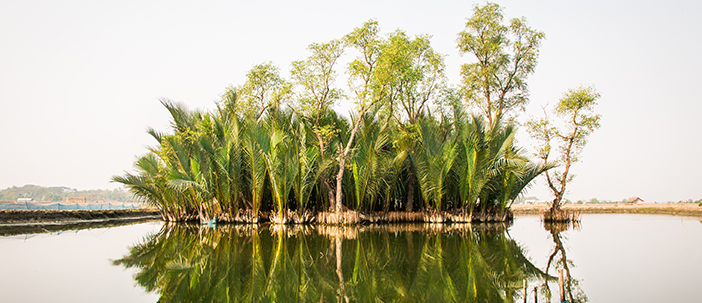RCE Sundarbans
 Overview
Overview
RCE Sundarbans brings together leading universities and research organisations of Bangladesh to work with communities in the Sundarbans ecological critical area (ECA) through the multiple evidence base (MEB) as an approach that proposes parallels whereby indigenous and local as well as scientific knowledge systems are viewed to generate new insights and innovations through complementarities. The customary sustainable practices and traditional knowledge of traditional resource users (TRUs) can provide valid and useful knowledge to enhance our understanding of governance of biodiversity and ecosystems for achieving different SDGs and human wellbeing.
The Sundarbans, a UNESCO World Heritage Site, Mangrove Biosphere Reserve and Ramsar Site, is located at the great delta of the Ganges, Brahmaputra and Meghna (GBM) rivers at the edge of Bay of Bengal. The Sundarbans is the largest contiguous single-tract mangrove ecosystem in the world. The various ecosystems (forest, coastal and wetland) make the Sundarbans home to several uniquely adapted aquatic and terrestrial flora and fauna. Yet, this globally important ecosystem is now vulnerable due to anthropogenic pressures (e.g. over-harvesting, pollution, coastal development, destructive fishing and habitat degradation, climate change, intense and frequent natural disasters) amidst fragile institutions and ineffective command-driven governance system. For instance, the size of the Sundarbans of Bangladesh reduced to 5,467 km2 in 2010 from 11,256 km2 in 1776 and several floral and faunal species have been facing threats of extinction (e.g. over 40 species of amphibian, reptilians; avis and mammalian are listed as critically endangered or vulnerable). Amongst the biggest challenges for coastal/marine conservation are: a) implementation of precautionary ecosystem-based approaches to sustainable use of resources; and b) minimisation of the environmental consequences of human activities.
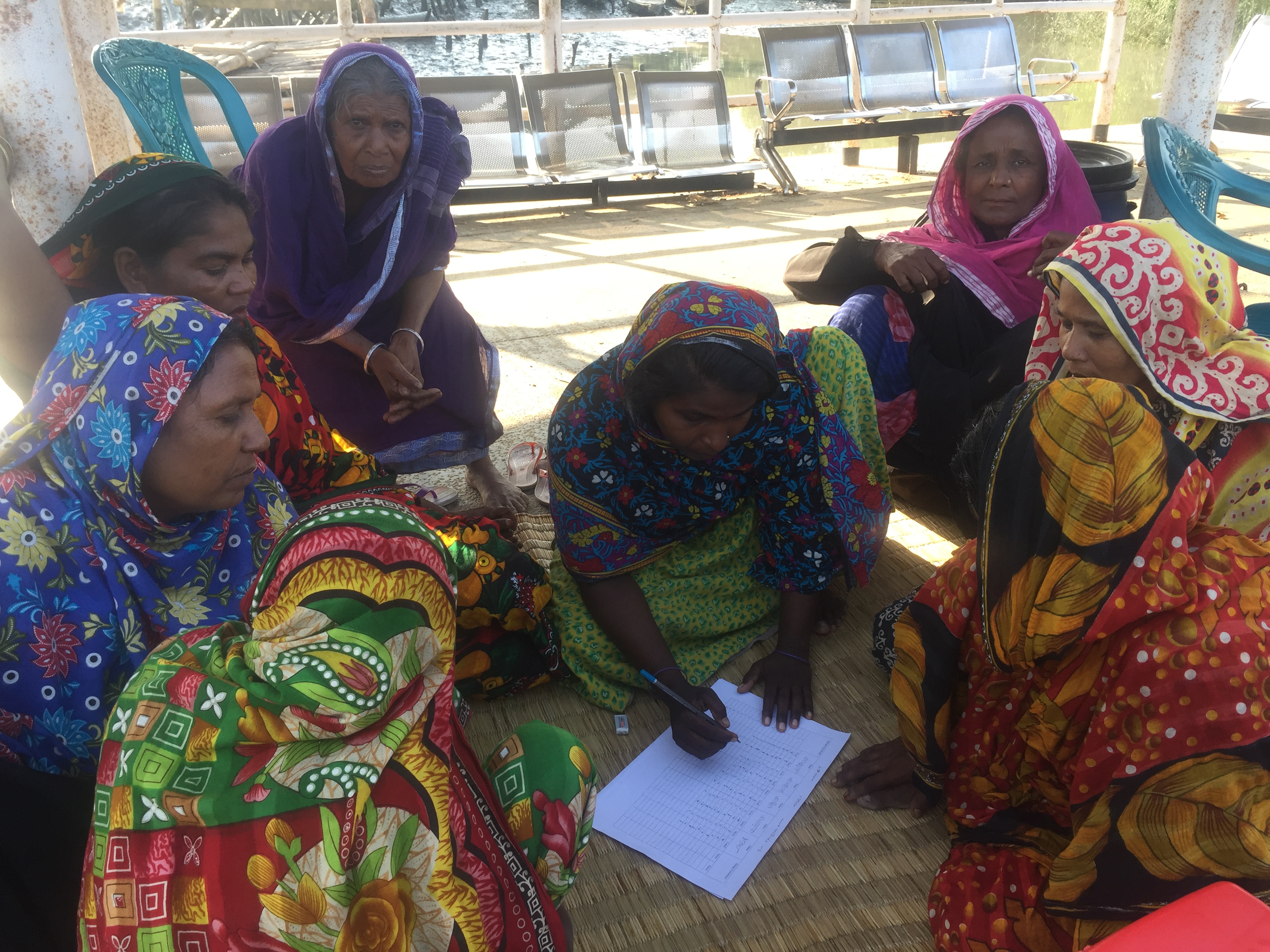
Photo credit: RCE Sundarbans
Vision:
RCE Sundarbans envisions a sustainable future for all, according to the principles of equity and social justice. The partnership of multi-stakeholders, ranging from leading higher education and research institutions, local schools as well as non-formal and informal education actors to organisations of traditional resource users to central and local governments, forged through consultative and participatory processes, is interested to contribute towards mitigating key environmental, economic, social and cultural challenges by developing various initiatives through education, training and research for achievement of the Sustainable Development Goals (SDGs).
Recognising education as both a goal in itself and a means for attaining all the other SDGs, the Partnership intends to remain as a focused initiative in view of its capabilities, skills and resources, and it is mindful of other initiatives undertaken by the different agencies of the government, CSOs and other stakeholders at local, national and international levels.
RCE Sundarbans has accordingly involved formal and non-formal educators to harbour the idea of education as a key enabler and contribute by such means towards achieving four SDGs, relevant to this internationally acclaimed geographic region, a UNESCO declared Natural World Heritage Site.
In its urge for action orientation and focus, the RCE targets traditional resources users and young generations to create pathways for ensuring equitable natural resources access and utilisation in a sustainable manner.
Nevertheless, given the involvement of leading higher educational institutions and research organisations, it also envisages to contribute towards generation of new knowledge that could inform policymaking at local, national and international levels while such could also add on the existing knowledge on biodiversity and climate change.
Long-term objective is, therefore, to contribute towards a just, sustainable resource management regime in the Sundarbans that ensures an enhanced sustainable way of life, with a specific focus on forest and natural resources, and the surrounding social milieu and economic environment through involving educational and research organisations in collaboration with the stakeholders concerned.
The partners of RCE Sundarbans - higher education institutions, associations/NGO, local authorities, national bodies, specialised institutions and individuals – are endowed with skills, and have demonstrated contributions in the various aspects of sustainable development. The below objectives will try to reinforce their previous actions through the comprehensive cooperation that involves know-how and resources of each RCE's members.
- Objective 1: Involving higher education institutes to promote education and research for sustainable development in the Sundarbans
- Objective 2: Promoting education for sustainable development in primary and secondary education institutes in the Sundarbans Ecological Critical Area
- Objective 3: Enhancing capacity of local communities in the Sundarbans in resource management
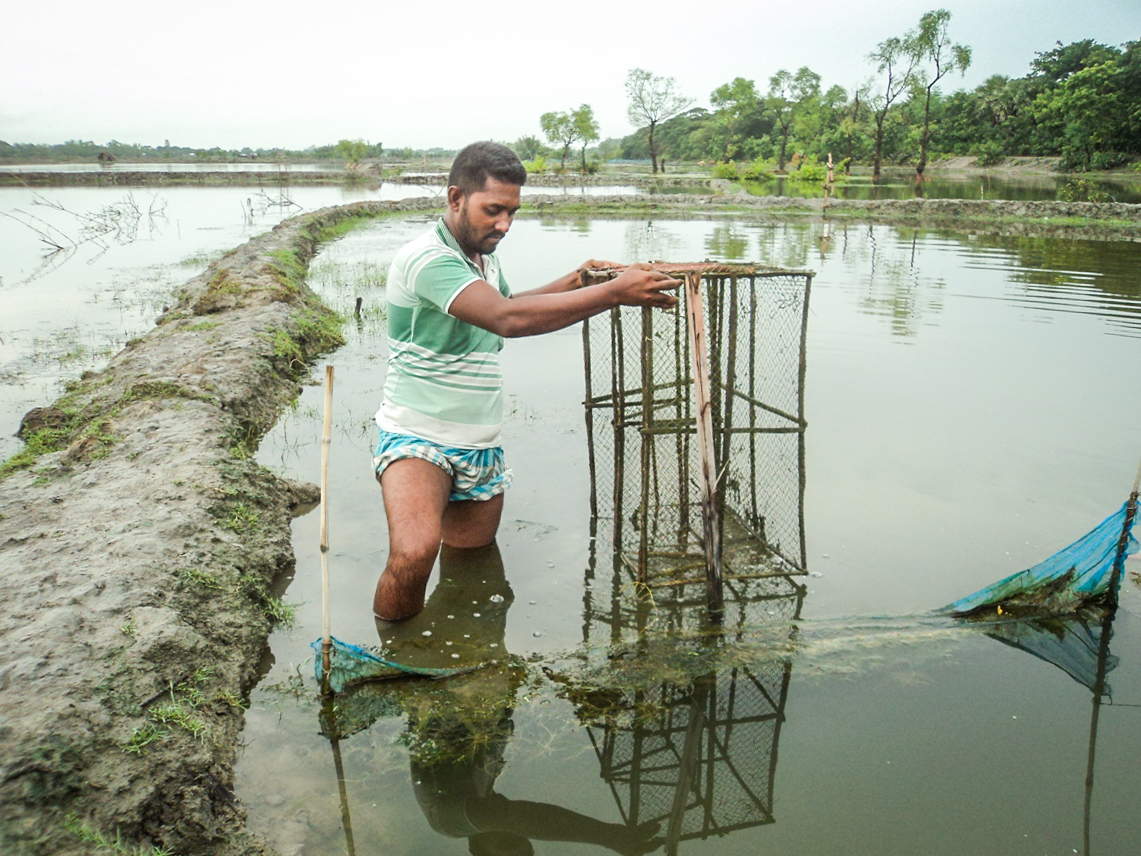
Aqua culture in a CMAASC plot in the Sundarbans (Photo credit: RCE Sundarbans)
Unnayan Onneshan, Dhaka, Bangladesh
Name of organisation: Unnayan Onneshan
Role: Secretariat, management and research
Contact name: Prof. Dr. Rashed Al Mahmud Titumir
Contact email: rtitumir@unnayan.org
Name of organisation: Department of Development Studies, University of Dhaka
Role: Research and teaching partner
Contact name: Mr. Ebney Ayaz Rana
Contact email: ayaj.rana@du.ac.bd
Name of organisation: Department of Environmental Science, State University of Bangladesh
Role: Research and teaching
Contact name: Dr. Khan Ferdousour Rahman
Contact email: ferdous@sub.edu.bd
Name of organisation: Environmental Science Discipline, Khulna University
Role: Teaching and research
Contact name: Mr. Abdullah Al Masud
Contact email: masudes05@gmail.com
Name of organisation: Koyra Forest Dependent Peoples’ Cooperative
Name of organisation: Horinagar Forest Dependent Peoples’ Cooperative
Name of organisation: Indigenous Munda Cooperative
Name of organisation: IUCN Bangladesh National Committee
 Activities
Activities
- Multiple Values of Nature and Transformational Pathways
- Multiple Values of Ecosystem Services and Human Well-being in the Sundrabans
- Traditional Resource Users and Claiming of Rights
- Climate Change: Sundarbans as a Natural Wall
- Assessing the impacts of COVID-19 and frequent natural disasters in the SEPLS
- Promoting livelihood diversification of local communities in the SEPLS
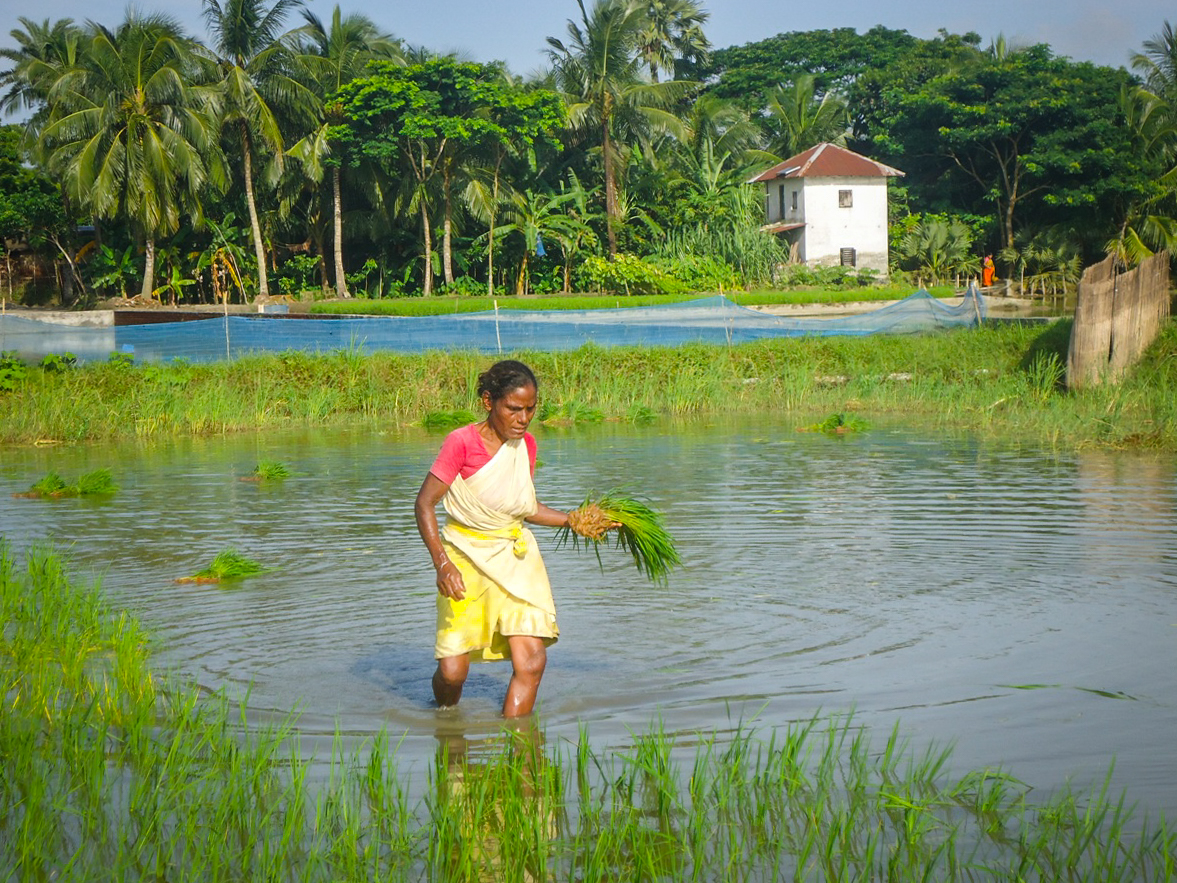
Photo credit: RCE Sundarbans
- Elevating the Community Capacity for Livelihood Diversification through Mangrove Forest-based Products in the wake of COVID-19 and Cyclone Amphan
- Biodiversity Adaptation to Climate Change in the Sundarbans
- Traditional Resource Users, Claiming of Rights and Entitlements and Alternative Livelihoods in the Sundarbans
- Transformative pathways for human-nature relationship: An exploration through bidirectional causality in a composite mangrove ecosystems
Photo credit: RCE Sundarbans
- Invited as Members of Committee of Experts of different national committees
- Inclusion as delegates in different UN Conventions and serving as expert members
- Publications in peer reviewed journals
- Innovation of local nature based solutions
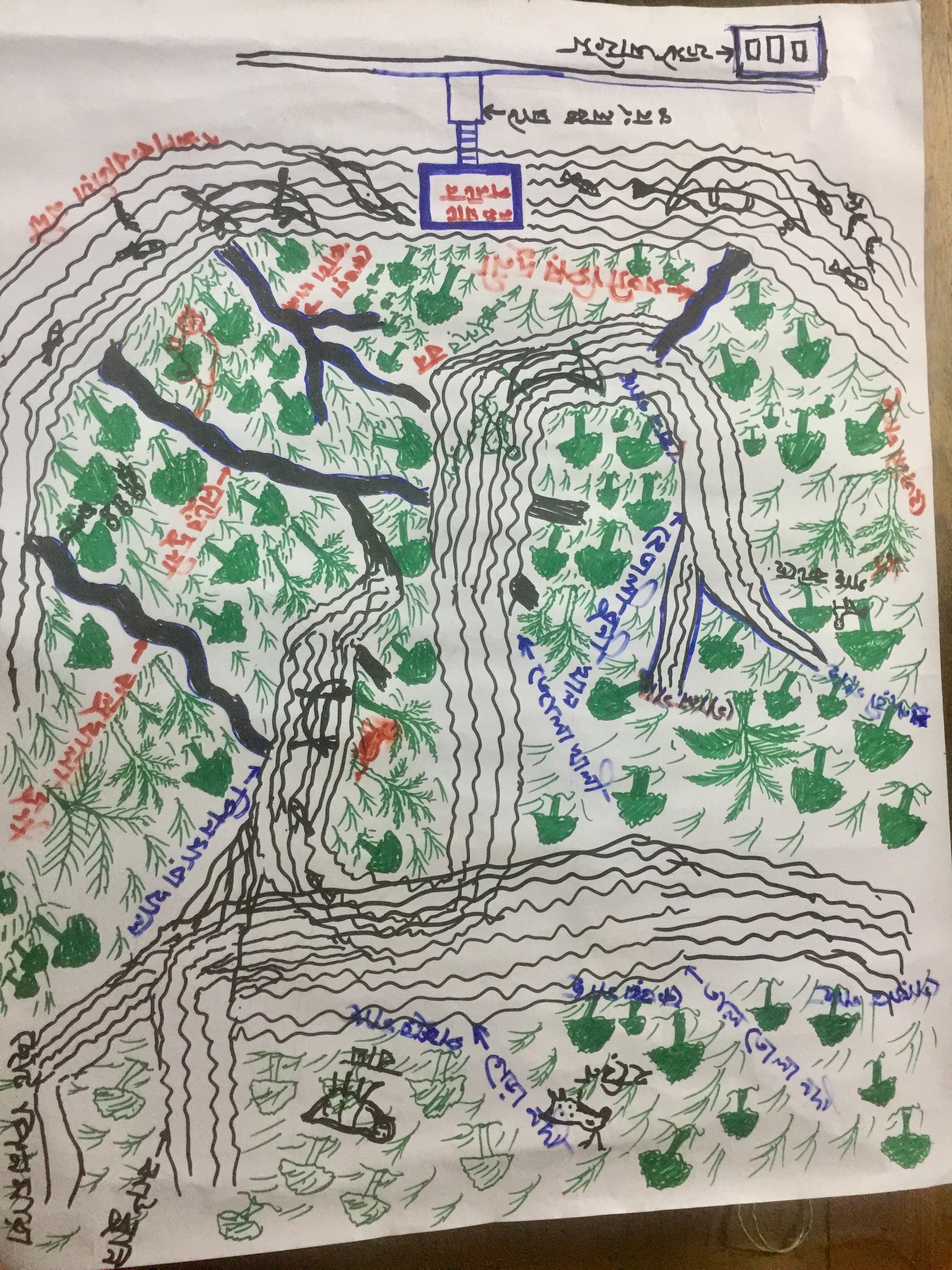
Photo credit: RCE Sundarbans
 Projects
Projects
 Communication Channels
Communication Channels
 Contact Details
Contact Details
rtitumir@unnayan.org
ayaj.rana@du.ac.bd
RCE Sundarbans
C/O Unnyan Onneshan
16/2 Indira Road
Farmgate, Dhaka - 1215, Bangladesh

